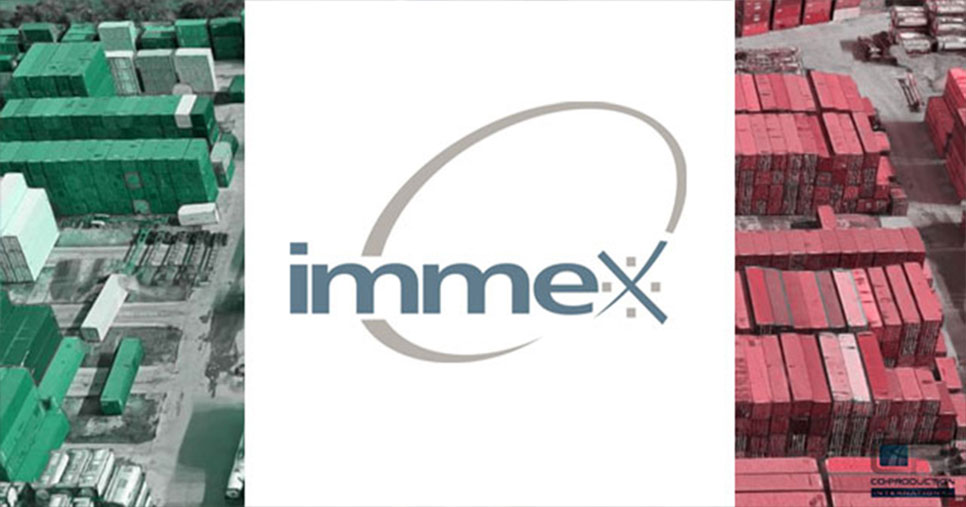The IMMEX Program, or “Maquiladora Industry” in Mexico, has been a pivotal aspect of the country’s economic landscape since its inception in the early 1960s. Designed to stimulate foreign investment and boost the manufacturing sector, this program enables foreign companies to establish assembly plants in Mexico, benefiting from favorable tariff and tax structures. As a result, the IMMEX Program has played a crucial role in transforming Mexico into a global manufacturing hub, particularly for industries such as electronics, automotive, and textiles. This article explores the mechanisms of the IMMEX Program, its economic implications, and the advantages it offers to both foreign investors and the Mexican workforce.
In recent years, the IMMEX Program has adapted to the changing dynamics of global trade and supply chains, particularly in light of the COVID-19 pandemic and shifts towards nearshoring. By fostering innovation, creating job opportunities, and enhancing skills among local workers, the program has become a cornerstone of Mexico’s strategy to attract sustainable foreign investment. This article will delve into the key features of the IMMEX Program, its impact on Mexico’s economic growth, and the challenges that lie ahead as the country continues to navigate an evolving global marketplace.
Economic Implications of the IMMEX Program
The economic implications of the IMMEX Program extend beyond mere statistics, influencing various sectors across Mexico. By attracting significant foreign direct investment (FDI), the program has transformed manufacturing facilities into state-of-the-art production sites, bolstering Mexico’s position in global supply chains. Additionally, it has stimulated local economies through job creation, leading to improved standards of living for many Mexican families. The program not only enhances Mexico’s manufacturing capabilities but also promotes technological transfer and workforce development, which are essential for long-term economic sustainability. Furthermore, the IMMEX Program in Mexico has encouraged collaborations between foreign companies and local partners, fostering a culture of innovation and competitiveness.

Challenges Ahead for the IMMEX Program
Despite its successes, the IMMEX Program faces several challenges that could impact its future. Growing global concerns over supply chain resilience, environmental sustainability, and labor rights are compelling stakeholders to rethink traditional operational models. As companies increasingly prioritize ethical sourcing and reduced carbon footprints, the IMMEX Program must evolve to support these values while maintaining its core objectives. Additionally, the ongoing competition from other manufacturing hubs in Central America and Asia poses a threat to Mexico’s dominance in the sector. As the landscape of global trade continues to shift, adapting to these challenges will be critical for the continued success of the IMMEX Program and its role in fostering economic growth in Mexico.
In conclusion, the IMMEX Program stands as a testament to Mexico’s ability to adapt and thrive in an ever-changing global economic landscape. By successfully attracting foreign investment and fostering local manufacturing capabilities, the program has contributed significantly to job creation and improved living standards for many Mexicans. However, as the pressures of sustainable practices and ethical labor practices mount, the program must navigate these complexities while reinforcing its commitment to innovation and competitiveness. Moving forward, embracing a more holistic and responsible approach will be essential for the IMMEX Program to secure its future as a linchpin of Mexico’s economic strategy, ensuring that it continues to provide opportunities and benefits both for foreign investors and the local workforce in a rapidly evolving marketplace.



